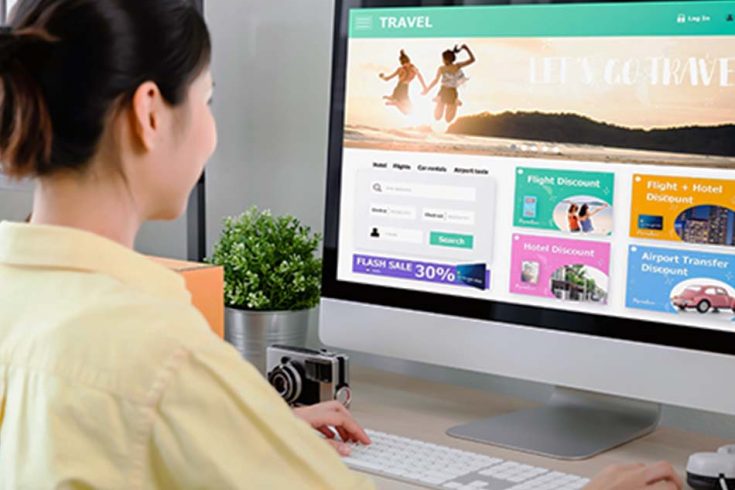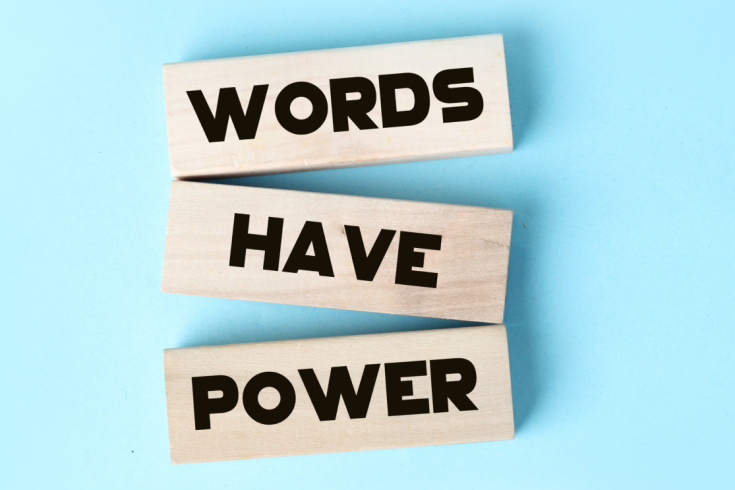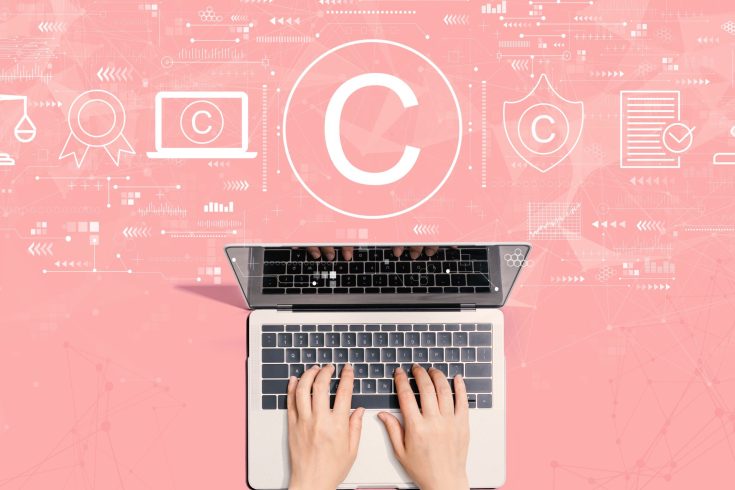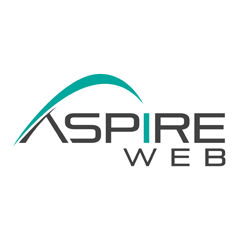Why using plain English helps get your message across

When it comes to digital communications, clarity is queen. Whether you’re crafting website content, social media posts, or email campaigns, using plain English is one of the most effective ways to connect with your audience. Not only does it make your message easier to understand, but it also builds trust, reduces cognitive load, and makes your brand more accessible to a broader audience.
What is plain English?
Plain English is all about writing in a way that’s easy for anyone to understand. It avoids unnecessary jargon, complex words, and overly long sentences. Instead, it focuses on clarity, simplicity and relevance.
But don’t confuse simple with simplistic – plain English doesn’t dumb down your message; it sharpens it.
Why plain English works in digital communications
Reduces cognitive load
Even if your audience is highly educated or experienced, they’re not looking for a mental workout when reading your content. Complex language increases cognitive load, making it harder for people to absorb and act on your message. Plain English reduces that strain, saving your audience time and effort. In today’s fast-paced digital world, clarity wins every time.
Low literacy levels
In Australia:
- About 44% of adults read at a low literacy level comparable to primary school and early high school levels
- 38% of adults have a reading level of year 7-10
- 15% read at the highest level equivalent to a Certificate IV or Diploma and above
Sources: ABS (2013 & 2017)

Cultural and linguistic diversity
Approximately 30% of the Australian population were born overseas, and about 25% of households speak a language other than English at home. For these audiences, plain English ensures clarity and inclusivity.
The principle doesn’t just apply to Australia. As global migration and travel become increasingly accessible, audiences worldwide are becoming more diverse. Plain English bridges potential language gaps, so your content becomes clear and relatable to everyone, regardless of their first language.
Why this matters
Plain English accommodates this wide range of literacy and education levels. Even highly educated professionals prefer plain English because it reduces cognitive load. People who want to absorb your message quickly and without unnecessary effort, whether they’re scanning a website or reading an email.
By writing clearly and concisely, you respect your audience’s time, increase comprehension, and make your content accessible to everyone.
The science behind plain English

The brain can only process so much information at once. When your content is overloaded with unnecessary complexity, your readers are more likely to give up. But when your language is clear and straightforward, your message becomes easier to process and retain. This isn’t just about simplicity – it’s about understanding your audience is busy and time poor.
Studies show that 79% of users scan content online rather than read every word. Plain English helps your key points stand out, making it easier for readers to engage with your content.
The business case for plain English
Plain English isn’t just a feel-good concept – it delievers measurable results. Here’s why it matters for your business:
- Faster decision-making: Clear language helps customers understand your value proposition quickly, leading to faster buying decisions
- Improved engagement: People are more likely to interact with content they find easy to read and understand.
- Better SEO: Search engines prioritise content that’s clear, concise and relevant to user queries.
- Increased accessibility: You’ll reach a broader audience, including those who speak English as a second language or have varying literacy levels.
Busting myths about plain English
"But my audience is highly educated"
Even academics and industry experts prefer plain English. Why? Because it saves time. No one wants to wade through dense paragraphs of jargon when they’re looking for answers. Plain English respects their intelligence by delivering the information they need in the simplest, most effective way.
"Won't simple language undermine my professionalism?"
Not at all. Plain English enhances professionalism by demonstrating clarity, focus, and empathy for your audience. Complex language doesn’t make you look smarter – it makes you look disconnected.

How to use plain English in your digital communications
- Write for your reader not for yourself: Always ask, “What does my audience need to know, and how can I say it clearly?”
- Avoid jargon and buzzwords: Unless absolutely necessary, ditch the industry speak. If you have to use technical terms, explain them simply
- Keep sentences short: Aim for sentences under 20 words to keep your writing concise and digestible
- Use bullet points: Lists make your content scannable, helping readers grasp the main points quickly
Ready to simplify your digital communications?
At Never Vanilla, we specialise in crafting clear, compelling content that speaks directly to your audience. Whether you need website copy, email campaigns, or blog articles, we can help you cut through the noise and make an impact.
Let’s transform your digital communications into a powerful tool for growth. Get in touch today to find out how we can help you elevate your brand.













